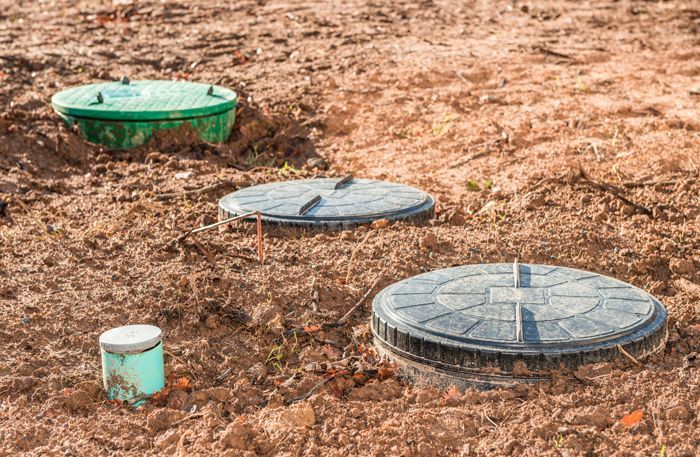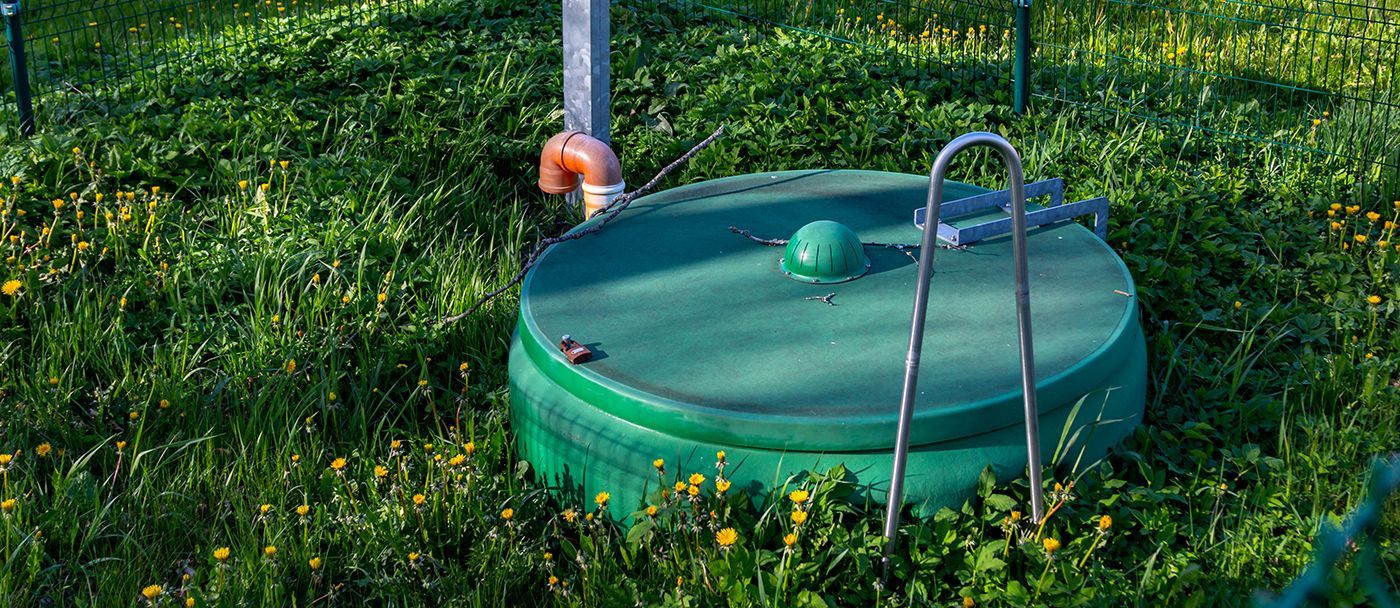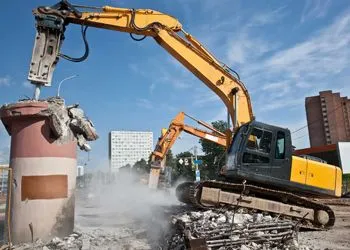Frequently Asked Questions About Septic Systems

Septic systems are a vital component for homes and businesses in areas without access to municipal sewer systems. While they operate efficiently when maintained properly, many people have questions about how they work, their maintenance needs, and what to avoid. At Southern Civils, our team can answer any of your questions about septic systems. Here are some frequently asked questions about septic systems and their answers.
What is a septic system, and how does it work?
A septic system is an on-site wastewater treatment system. It consists of two main components: the septic tank and the drain field. Wastewater from your home flows into the septic tank, where solids settle to the bottom and oils float to the top. Bacteria in the tank break down the solids, while the liquid wastewater, or effluent, is released into the drain field. The drain field disperses the treated water into the soil, where natural processes further filter it.
How often should a septic tank be pumped?
Septic tanks should generally be pumped every 3 to 5 years, depending on the size of the tank and the number of people in the household. Regular pumping prevents solids from building up to a level where they can clog the system or overflow into the drain field. A professional septic service provider can assess your tank and recommend an appropriate pumping schedule based on your specific usage.
What should not be flushed or drained into a septic system?
To protect your septic system, avoid flushing or draining items that can cause blockages or disrupt bacterial activity. This includes non-biodegradable items like wipes and feminine hygiene products, as well as chemicals like bleach and paint. It’s also generally best to keep grease and oils out of the system as much as possible because they can solidify and clog pipes or the drain field. Sticking to septic-safe products is crucial for maintaining a healthy system.
What are signs of a failing septic system?
Warning signs of a failing septic system include slow drains, gurgling sounds in the plumbing, sewage odors in the yard, or wet spots near the drain field. In severe cases, sewage may back up into the house. If you notice any of these signs, contact a septic professional immediately to assess and repair the issue before it worsens.
How can I extend the life of my septic system?
Regular maintenance, mindful usage, and timely repairs are key to extending the life of your septic system. Schedule routine inspections and pump-outs, use water efficiently, and avoid overloading the system with excessive wastewater.
Septic System Installation & Replacement in Tucson, AZ
When you need
septic system services in Tucson and the surrounding area, contact Southern Civils at
520-337-4018. Feel free to give us a call to request an estimate!








